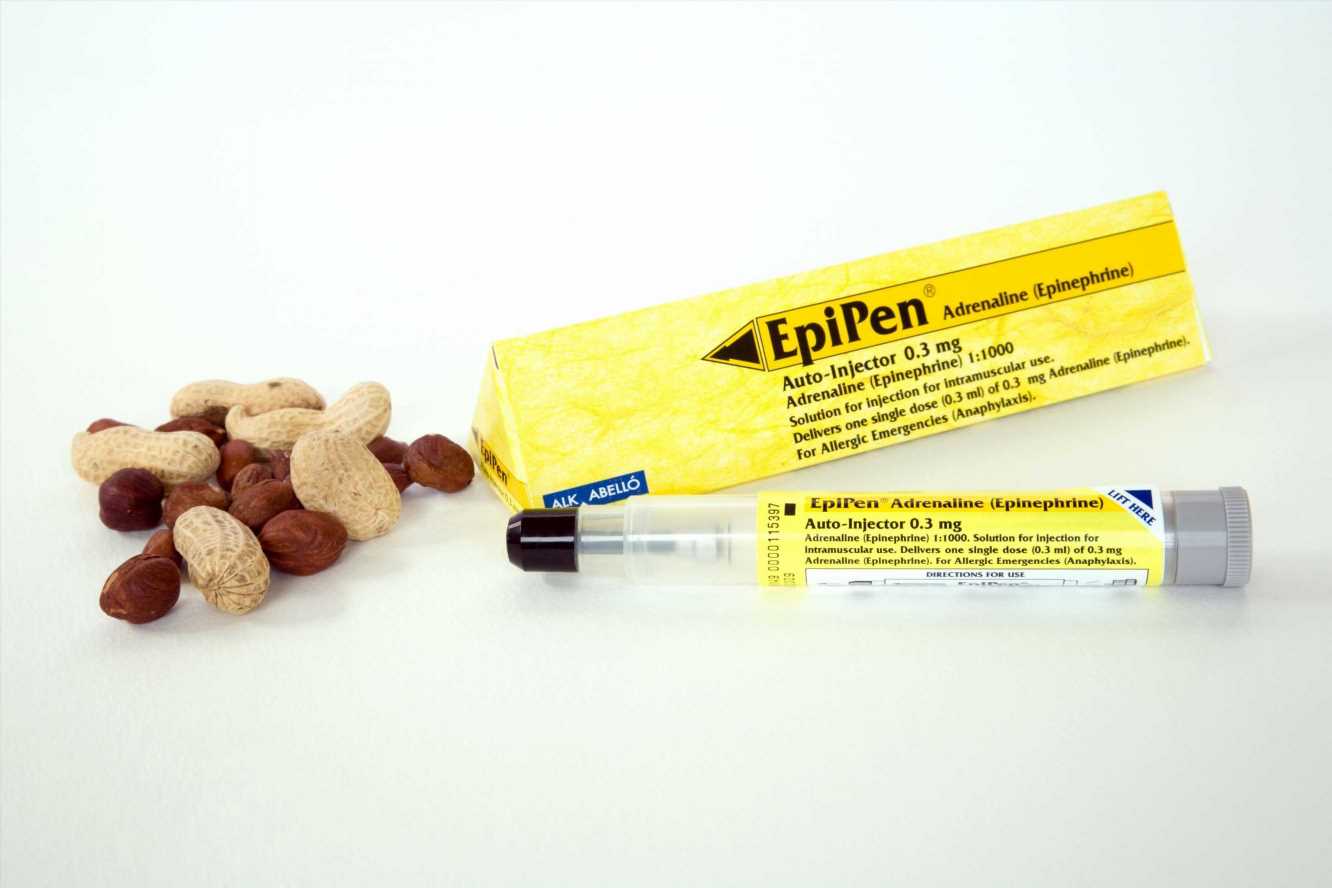AN allergy to nuts is thought affect one in every 100 people – meaning hundreds of thousands of Brits are likely to be at risk of anaphylactic shock.
Here's everything you need to know about the common allergy…
What are the symptoms of nut allergies?
The NHS outlines signs of allergy or intolerance to nuts.
Initial symptoms include:
- Sneezing
- Tingling sensations of lips, tongue and throat
- Feeling unwell with light-headedness
- Swelling
- Vomiting
- Diarrhoea
- Urticaria (itchy rash)
- Angioedema (swelling of the face, throat or skin)
- Acute abdominal pain
- Exacerbation of eczema
- Anaphylactic shock
What is anaphylactic shock?
Anaphylactic shock is a severe and potentially fatal reaction to a trigger such as an allergy.
It normally comes on suddenly, and gets worse very quickly.
Symptoms include:
- Feeling lightheaded, dizzy or faint
- Fast or shallow breathing
- Wheezing
- A fast heartbeat
- Clammy skin
- Confusion and anxiety
- Collapsing or losing consciousness
How can anaphylactic shock be reversed?
If you see someone with symptoms of anaphylaxis, here are the five things you should do straight away…
- Call 999 immediately
- Carefully remove any trigger: e.g. a wasp or bee sting stuck in the skin
- Lie the person down flat: unless they are unconscious, pregnant or having breathing difficulties
- Use an adrenaline auto-injector (EpiPen) if the person has one: but only after reading instructions/if you already know how to use it
- Use it again after five to 15 minutes: if the symptoms don't improve.
After an anaphylactic shock, the patient will need to go to hospital for between six and 12 hours, because the symptoms can reoccur during this period.
They may be given an oxygen mask to help breathing, fluids to increase blood pressure, and antihistamines or steroids to help relieve symptoms.
If the patient doesn't already have an EpiPen, they may be given one before they go home.
If you have ever had a serious allergic reaction or gone into anaphylactic shock before, you should:
- Identify and avoid any triggers
- Carry your adrenaline auto-injector (EpiPen) at all times
- Give yourself an injection if you think you are experiencing anaphylaxis, even if you are not completely sure.
Can you cure nut allergies?
Overcoming an allergy or intolerance can be time-consuming and difficult.
In many cases, medical professionals will recommend that sufferers avoid exposure to allergens.
But in severe instances, immunotherapy may be recommended.
This involves giving patients small doses of nuts, either as an injection or as drops underneath the tongue.
The theory is that you will become more immune to the trigger over the course of several years.
While this doesn't guarantee a cure, it can reduce the severity of symptoms.
What happened to Amy May Shead?
Last year, This Morning viewers were left heartbroken when Amy May Shead appeared on the show.
Ruth Langsford was joined by a former producer of the show, who was left brain injured after a single bite of chicken containing nuts.
Tragically, Amy was on holiday in Budapest, when she had an anaphylactic reaction and died for six minutes, leaving her brain damaged and confined to a wheelchair.
In response to the tragic segment, The Sun launched a campaign to ban nuts on ALL flights.
Cases of anaphylaxis can be fatal – like in the case of Megan Lee, who an inquest heard likely died of an anaphylactic shock after eating a meal from the mice-infected Royal Spice takeaway in Oswaldtwistle, Lancashire.
And Canadian Myriam Ducre-Lemay died after just one kiss with her new boyfriend, because she hadn't yet told him about her peanut butter allergy.
Source: Read Full Article




